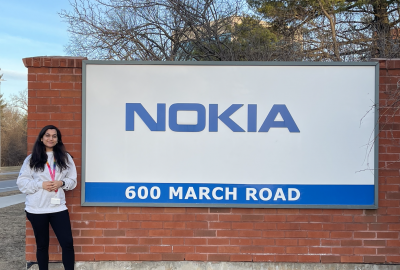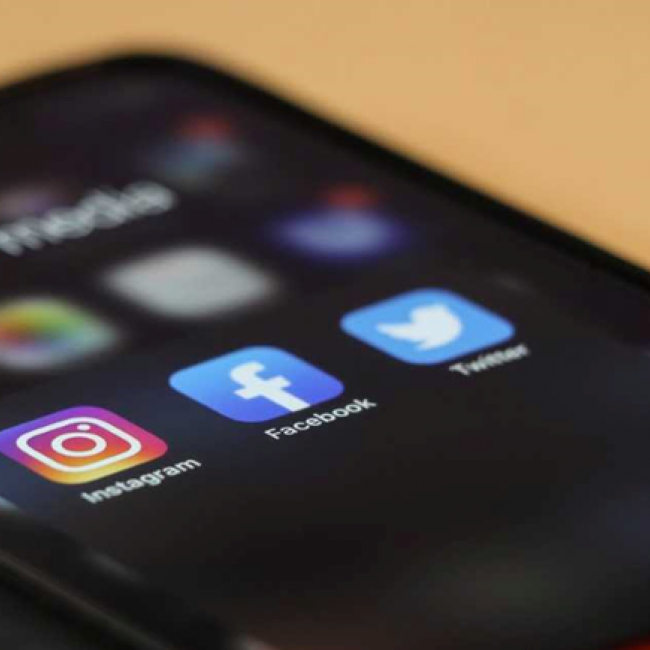
When I first began my Co-op as a Brand/Marketing Intern at Knowledge Network, I knew right away that social media management would be a big part of my job. As BC’s public broadcaster, Knowledge is proudly commercial-free - therefore social media is one of the main ways we promote our content and our brand. As a self-identified zillennial – born right on the cusp of the millennial/generation Z – I am quite familiar with most digital platforms. I began using Facebook in 2008 when I was in grade 6 (!) and saw the rise of Twitter, Tumblr, and Instagram, witnessing each app or website evolve through different layouts, features, and logos. I remember day the rainbow puke filter came out on Snapchat better than my own high school graduation.
I imagined that working in social media would be a walk in the park. After all, I’ve spent about half my life rotating through different apps every day like a very boring episode of Black Mirror. What I forgot to take into consideration was that despite its name, I’m not actually the most “social” person at all. Although I’d been an active user of several platforms for years, I was mostly a “liker” and not a “poster”.
According to Forbes, approximately one-third of the population are introverts. To clarify, an introvert is not just someone who’s too shy to ask for ketchup at McDonalds; introverts are simply people who require less social interaction than others. Think of it this way: if people had “social batteries”, introverts would run out of energy faster and need more charging than an extrovert.
I’ve since realized that being an IRL (In Real Life) introvert is actually an advantage in online marketing. After two work terms at Knowledge, I’ve had to relearn the social media ropes through the lens of a digital marketer, not a user. Here’s some of the lessons I’ve picked up along the way.
Since creative thinking is a huge part of digital marketing, introverts have the advantage of being less swayed by the mainstream because they spend more time on their own. While movies and TV shows would have you think that the creative process tends to happen in boardroom meetings, I found that I came up with most of my ideas when I worked on my own. As Albert Einstein was once quoted as saying, “The monotony and solitude of a quiet life stimulates the creative mind.”
When you use social media as an individual, you are trying to promote yourself. When you use it as a marketer, you are trying to promote something that has no personal ties to you (in my case, it is often a specific program, the network’s brand, or sometimes an event – like a contest). Once you remove the “me” aspect, social media becomes a level playing field for any type of personality. To summarize, your end goal isn’t really about likes – it’s all about the clicks and engagement.
I’d like to think that I have good communication skills – after all, it is my major. But like most people my age, I dread talking on the phone and in-person conversations drain my social battery quickly. (I often joke that I ”run out of charisma” after a couple hours in a public setting). Luckily for us introverts, the most popular form of communication in a professional setting is good old- fashioned e-mail. The wonderful thing about e-mail is that you can use it for any kind of correspondence – whether it's as casual as sharing a meme with your colleagues or sending invoices to people you’ve never met – and no verbal communication is required.
I should clarify that not all introverts and extroverts fit into a one-size-fits-all label. Some may be closer to the “shy” archetype that comes to mind when we read the word “introvert”. Others – like myself – just prefer to be on their own most of the time. In a similar vein, extroverts aren’t all motormouths who blindly follow whatever everyone else is doing. There are plenty of creative, individualistic extroverts out there making a name for themselves in the media/communication industry, too – ever heard of Oprah Winfrey? What I encourage anyone reading this to take away is to not let your social personality deter you from entering a certain industry. The communications field is rapidly changing and evolving, and these days there’s room for every kind of person.


















